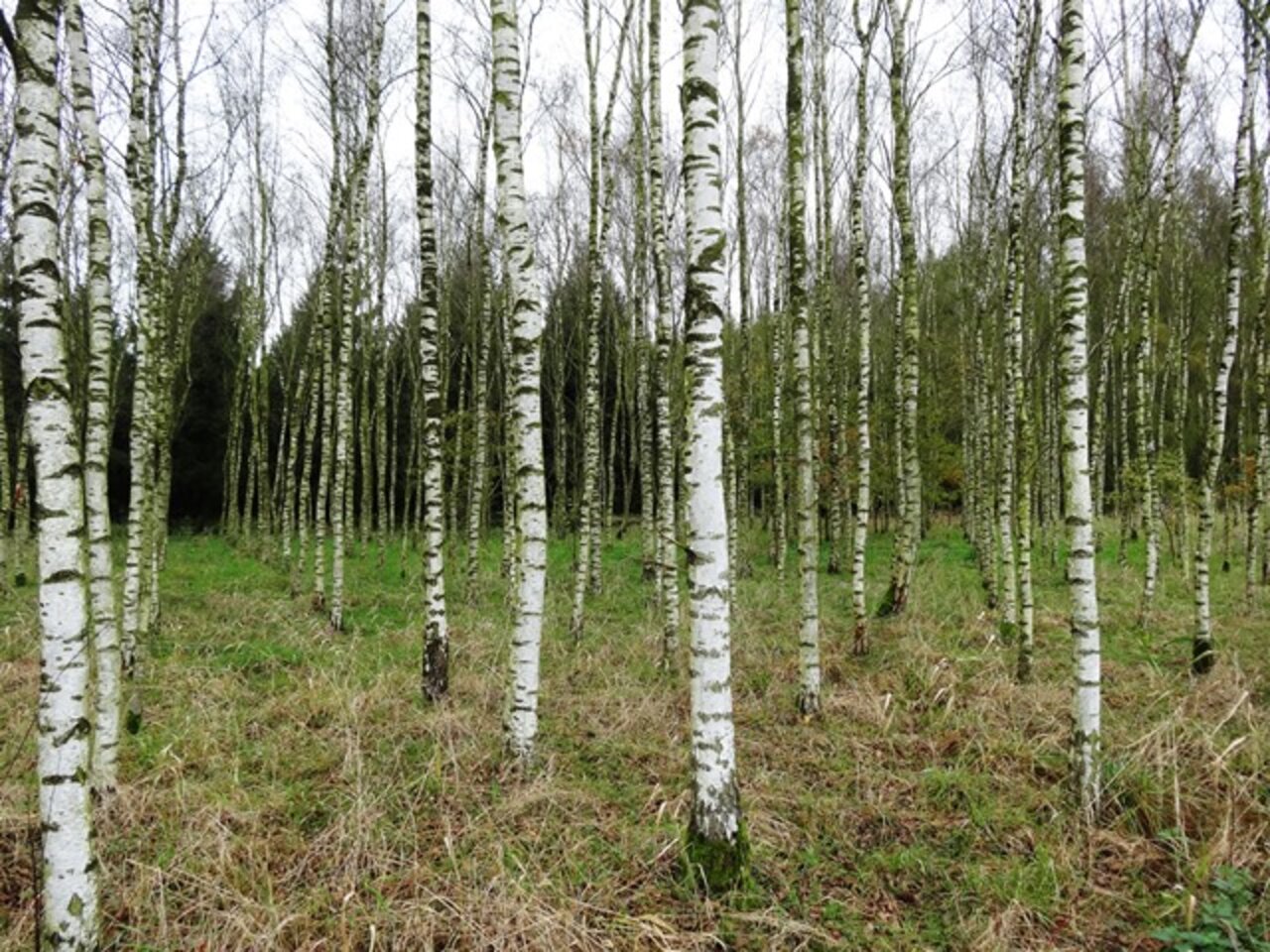Project
Clones of silver birch and black locust with high quality

Selection of clones of silver birch and black locust with outstanding wood quality
Plus trees of silver birch (Betula pendula) and black locust (Robinia pseudoacacia) were selected and propagated vegetatively. These trees were chracterised by very straight stems (birch and black locust) or special wood grain (curly birch). A number of clone test were established at different sites. These tests will be evaluated.
Background and Objective
Black locust has very good wood properties and can produce sufficient amounts of wood at poor and dry sites. Unfortunately most stands have bad stem form. Simlilar it is the case for birch. Additionaly for birch trees occure with a special grain of the wood. Such wood is very rare and much sought-after for veneer production.
This project is aimed to the selction of clones of birch and black locust with straight stems and for birch also with grained wood in field trials. Such clones will be proposed for the approval as basic material in the category "tested" according the legal regulations.
Target Group
forest owners, nurseries, forest adminstration
Approach
Clones of selected plus trees were propagated by tissue culture and planted in field trials. After 5-25 years these trials were assessed and the data were analysed.
Data and Methods
Data will be analysed by ANOVA for 10 clone test with birch and 2 field trials with black locust. Few trees of clones of curly birch were cutted and processed to veneer for estimation of quality.
Our Research Questions
Is it possible to pass over special wood traits (curlyness) and good stem forms via vegetative propagation using tissue culture techniques
Can such clones be approved according to the rules of the Forest Reproductive Material Act.
Results
As a result of the evaluation of trials with clones of curly birch, one clone was approved as basic material for the production of forest reproductive material in the category "Tested". Trees of this clone showed the typical wood grain and had a sufficient stem shape and growth performance on different sites.
For clone tests of black locust, it was observed on experimental that some of the selected clones had a higher proportion of well-formed stems than the progenies from seeds. These clones were also better in their growth performance. Approval and thus market availability of these clones could not be achieved within the framework of the project.
Involved Thünen-Partners
Funding Body
-
Federal Ministry of Agriculture, Food and Regional Identity (BMLEH)
(national, öffentlich)
Duration
3.2012 - 5.2017
More Information
Project status:
finished
Publications
- 0
Lange CA, Knoche D, Hanschke R, Löffler S, Schneck V (2022) Physiological performance and biomass growth of different black locust origins growing on a post-mining reclamation site in Eastern Germany. Forests 13(2):315, DOI:10.3390/f13020315
- 1
Lange CA, Knoche D, Schneck V, Anders A (2021) Die Robinie - Anbauversuch unter schwierigen Bedingungen. AFZ Der Wald 76(2):24-29
- 2
Naujoks G, Schneck V, Ewald D (2017) 30 Jahre In-vitro-Vermehrung der Braunmaser-Birke. AFZ Der Wald 72(5):32-35
- 3
Ewald D, Naujoks G, Hertel H, Eich J (1992) Hat die Robinie in Brandenburg eine Zukunft? AFZ Der Wald 47(14):738-740
